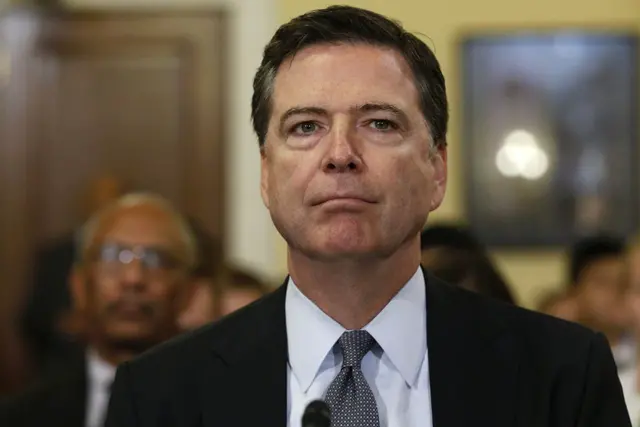More than 40 corruption convictions in recent high-profile "Mafia Capitale" case are part of an endemic problem that could beleaguer the leadership in Rome for years, analysts told Xinhua.
The two headline arrests in the trial were Massimo Carminati and Salvatore Buzzi, who were found guilty of using intimidation and bribery to win city contracts worth millions of euros. The bogus contracts were for recycling and trash collection, park maintenance, building refugee centers, and other municipal services.
The arrests of Carminati and Buzzi and more than 40 other contractors and former city officials started in 2014. Known collectively as the "Mafia Capitale" -- Italian for "the Capital's Mafia" -- every member was found guilty at trial earlier this month.
But analysts told Xinhua the arrests were unlikely to end the endemic corruption in the Italian capital. "This problem has deep roots and it can't be solved easily, even with a series of arrests," Oreste Massari, a political scientist with Rome's La Sapienza University and a frequent commentator on corruption issues, said in an interview.
Massari said the problem mushroomed during the period when Gianni Alemanno was Rome's mayor, from 2008 to 2013, and Alemanno's two successors -- Ignazio Marino, who was mayor from 2013 to 2015, and Virginia Raggi, mayor since 2016 -- have been mostly unsuccessful in curbing the problem.
"Marino tried but was able to accomplish very little," Massari said. "Raggi put her people in place but they have been ineffective against such an entrenched, powerful group of corrupt officials."
Massari said the problem was likely to be a headache for Raggi's successor and probably the next mayor as well."I think someone strong has to make this their top priority, otherwise it'll just continue," he said.
Massari's views were echoed by some in the local media, but Antonio La Spina, a sociologist with LUISS University in Rome, said Raggi's difficulties in confronting corruption in the city government comes from the fact that she has to confront so many problems at once.
"As mayor, Raggi has many problems (to handle) and the Mafia Capitale is one of them," La Spina told Xinhua. "There's a water problem in Rome, a waste problem, budget issues. Being the mayor of Rome is too complex to focus on just one issue.
Prosecutors appear to agree, alleging that Carminati, Buzzi, and the others were part of a vast syndicate that used Mafia-style tactics to undermine the city's services and contracts across the various municipal entities.
But one drawback for those looking to root out the corruption problems is that the convictions stopped short of finding a connection between the Mafia Capitale group and actual organized crime families that control much of southern Italy.
It would have been the first time a link was established between municipal corruption in Rome and crime families. If such a connection had been established, it would have also meant bigger penalties for those convicted, making it easier to prosecute suspected accomplices in the future.
Prosecutors asked for Carminati and Buzzi to be sentenced to 28 and 26 years in prison, respectively. Instead, the sentences were for 20 and 19 years.
"The sentences were strong but the whole trial was about the central questions: 'Was this the Mafia or not?'," Ippolita Naso, Carminati's attorney told reporters. "In the end, the decision proves this was not the Mafia."
(ASIA PACIFIC DAILY)
 简体中文
简体中文



